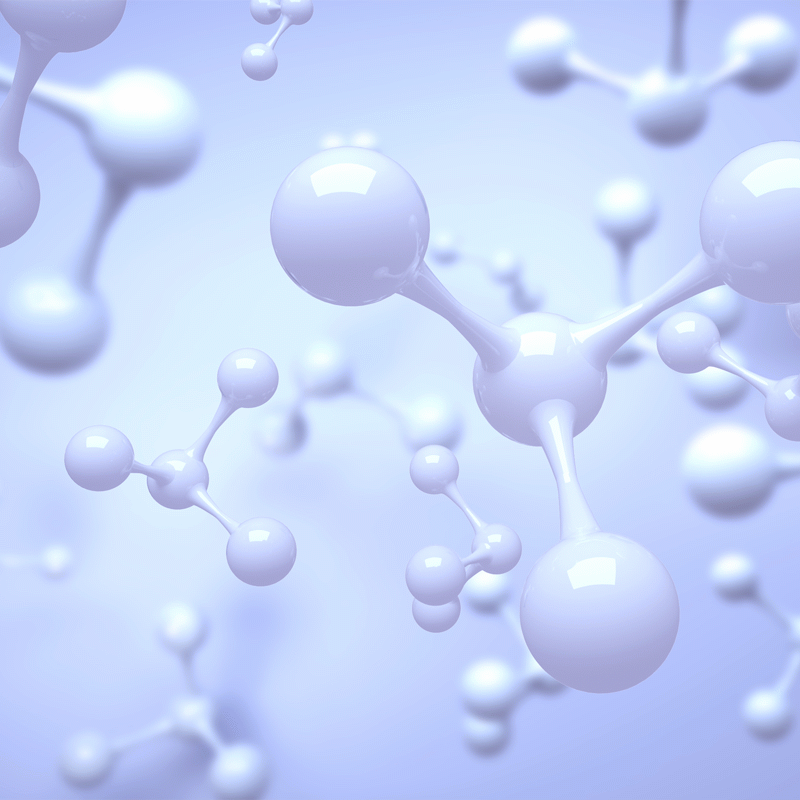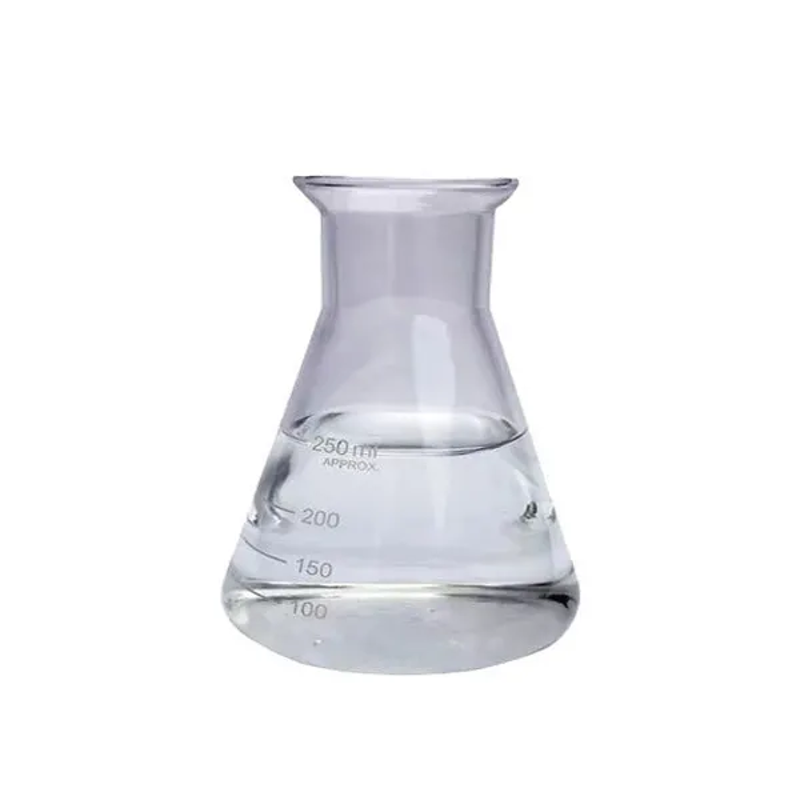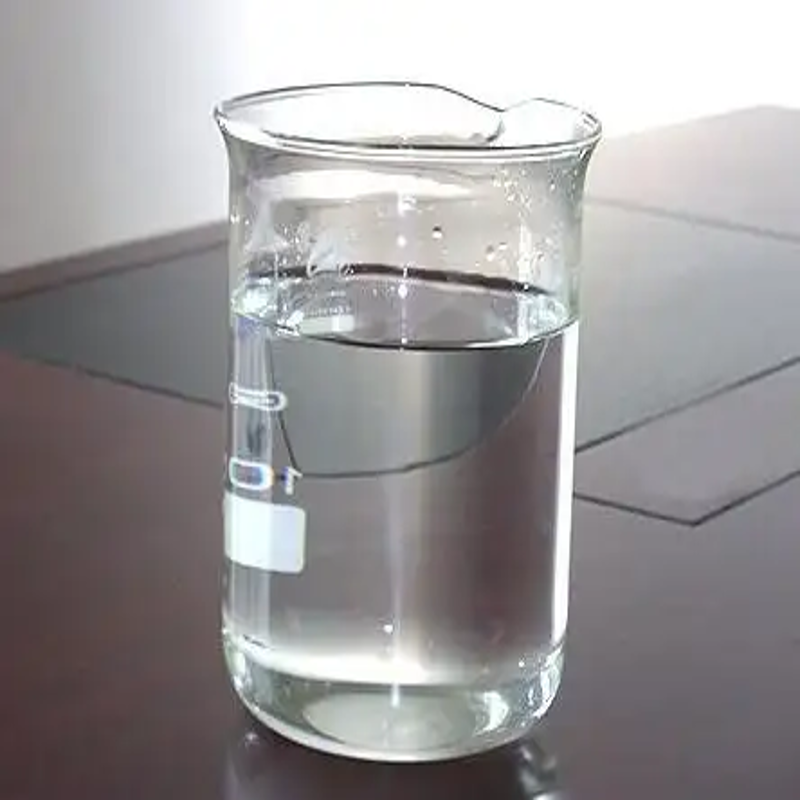-
Categories
-
Pharmaceutical Intermediates
-
Active Pharmaceutical Ingredients
-
Food Additives
- Industrial Coatings
- Agrochemicals
- Dyes and Pigments
- Surfactant
- Flavors and Fragrances
- Chemical Reagents
- Catalyst and Auxiliary
- Natural Products
- Inorganic Chemistry
-
Organic Chemistry
-
Biochemical Engineering
- Analytical Chemistry
-
Cosmetic Ingredient
- Water Treatment Chemical
-
Pharmaceutical Intermediates
Promotion
ECHEMI Mall
Wholesale
Weekly Price
Exhibition
News
-
Trade Service
N,N-Dimethylcyclohexylamine (DMCHA) is an organic compound that is commonly used as a versatile building block in the chemical industry.
It is an important precursor to a wide range of downstream products, which are used in various applications, including pharmaceuticals, dyes, perfumes, and surfactants.
In this article, we will discuss the upstream and downstream products of DMCHA, as well as its industrial production and applications.
Upstream Products of DMCHA
The production of DMCHA typically involves the reaction of cyclohexanamine with methyl iodide in the presence of a Lewis acid catalyst, such as aluminum chloride or ferric chloride.
This reaction results in the formation of DMCHA, which can then be purified and used as an upstream product in the production of various downstream products.
One of the most common upstream products of DMCHA is the production of N-methyl-N-cyclohexylamine (MCHA), which is used as a reactant in the production of several important pharmaceuticals, including amoxicillin and clavulanate potassium.
MCHA can be synthesized by reducing DMCHA with hydrogen in the presence of a metal catalyst, such as palladium or platinum.
Downstream Products of DMCHA
DMCHA is a versatile precursor that can be converted into a wide range of downstream products.
One of the most common downstream products of DMCHA is N,N-dimethyldodecylamine (DDDA), which is used as a precursor for the production of lubricants, surfactants, and other industrial products.
DDDA can be synthesized by reacting DMCHA with saharose in the presence of a base, such as sodium hydroxide.
Another important downstream product of DMCHA is N,N-diethyl 3-methylthiopropionamide (DETMP), which is used as a building block for the synthesis of certain pharmaceuticals, such as antibiotics and anti-inflammatory drugs.
DETMP can be synthesized by reacting DMCHA with ethyl isocyanate in the presence of a solvent, such as DMF or DMA.
Industrial Production of DMCHA
DMCHA can be produced industrially through various methods, including chemical reduction, alkali dimethylgloxime, and palladium-catalyzed hydrogenation.
The choice of production method depends on the desired purity of the product and the cost of the reaction.
The chemical reduction method involves the reduction of cyclohexanamine with hydrogen gas in the presence of a metal catalyst, such as palladium or platinum.
This method typically produces a higher purity of DMCHA than the alkali dimethylgloxime method, which involves the reaction of cyclohexanamine with dimethylgloxime in the presence of an alkali metal hydroxide, such as sodium hydroxide.
The palladium-catalyzed hydrogenation method involves the reduction of cyclohexanamine with hydrogen gas in the presence of palladium on barium sulfate.
This method typically produces a high purity of DMCHA, but it is also more expensive than the other two methods.
Applications of DMCHA and Its Downstream Products
DMCHA and its downstream products have a wide range of applications in the chemical industry.
One of the most significant applications of DMCHA is in the production of pharmaceuticals, such as antibiotics and anti-inflammatory drugs.
DETMP, for example, is used as a building block for the synthesis of certain antibiotics, such as erythromycin and cimetidine.







